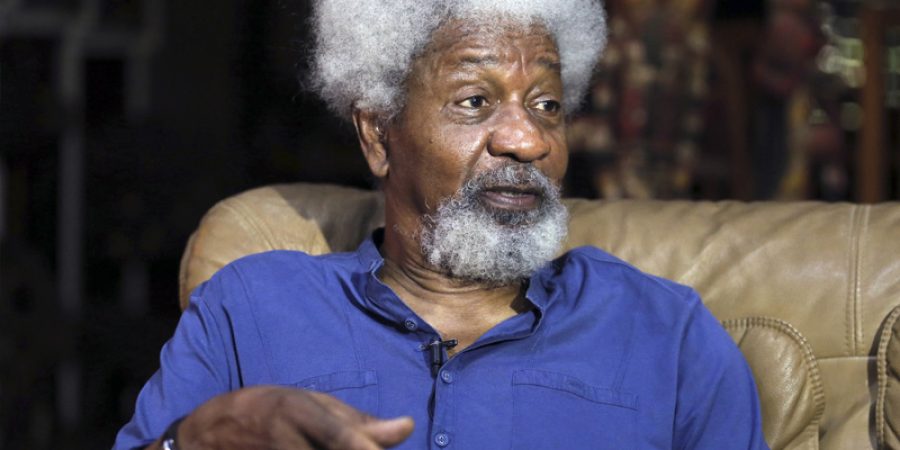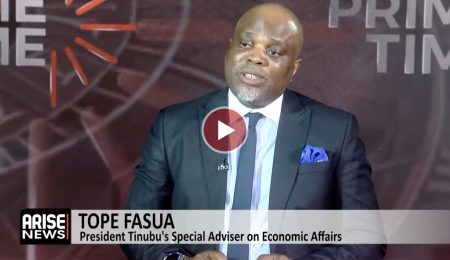Nobel laureate and playwright, Professor Wole Soyinka, says the United States government has revoked his visa. This was conveyed in a letter from the US Consulate General in Lagos dated October 23, 2025. The correspondence, which Soyinka shared with journalists, stated that his B1/B2 visa, issued in April 2024, was withdrawn under U.S. Department of State Regulation 22 CFR 41.122, after “additional information became available” following its issuance.
Confirming the development during a media parley at Freedom Park, Lagos, on Tuesday, the 91-year-old thespian said he received the notice unexpectedly and was unaware of any conduct that could have led to such a decision.
“I have no criminal record, felony, or misdemeanour that would justify this revocation,” he said.
The Nobel laureate explained that the Consulate had earlier invited him for a visa revalidation interview, which he declined, noting that his refusal might have contributed to the revocation. The letter, which cited “post-issuance information,” did not specify the grounds for the action.
Soyinka, who has had a long history of academic engagements in the United States spanning over three decades, described the move as puzzling, given his past record of compliance with immigration and travel rules. He recalled that he once paid a fine for carrying chilli peppers into the country and had a minor misunderstanding with customs officials at Chicago Airport in the 1970s, incidents he said were too trivial to justify a visa ban.
The playwright humorously referenced his past criticism of former US President Donald Trump, recalling that he had once described him as “a white version of Idi Amin.” While he suggested that his outspoken political views might have influenced the decision, he insisted that he harboured no resentment toward the American government.
“I will continue to welcome any American to my home if they have anything legitimate to do with me,” he said.
Soyinka previously made headlines in 2016 when he publicly tore up his US Green Card in protest of Trump’s election victory, describing it at the time as an act against racism and divisive politics.
In recent months, the US Department of State has tightened its non-immigrant visa policies for several African countries, including Nigeria, reducing the validity of multiple-entry visas from five years to three months for most applicants.
The US Consulate has not issued an official comment on Soyinka’s case, citing privacy regulations that prevent discussion of individual visa matters.
Despite the revocation, Soyinka maintained his trademark composure, stating that the decision would not deter him from speaking against injustice or expressing his views freely.
“Silence in the face of prejudice is as dangerous as the act itself,” he said.
Ademide Adebayo
Follow us on:


